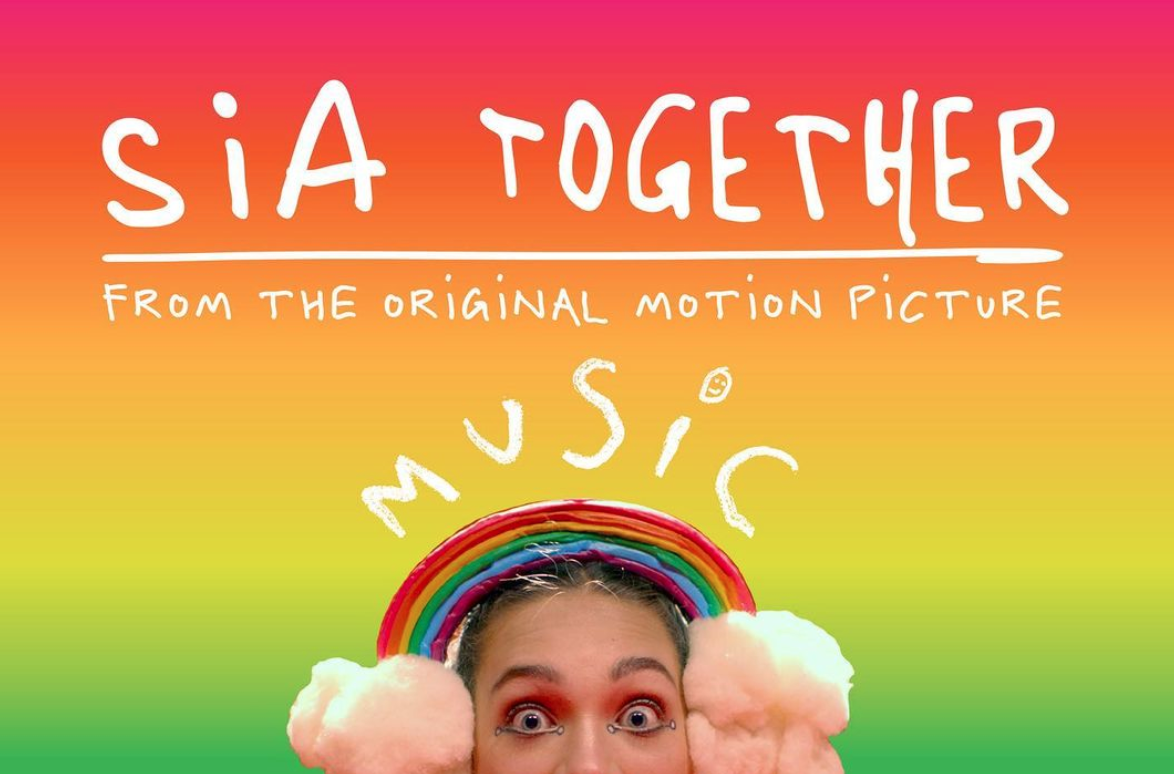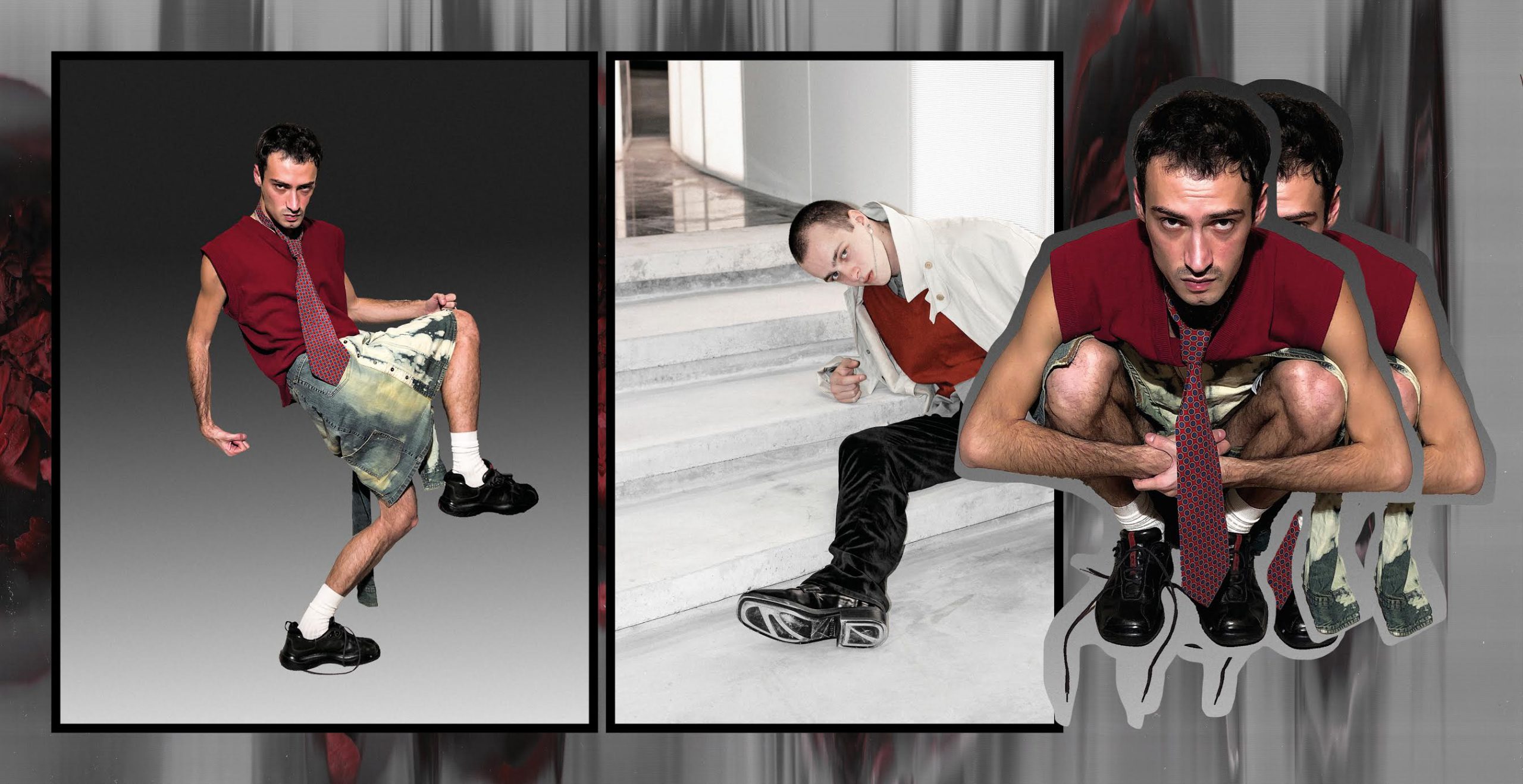Highlighting the disheartening statistics that only 2% of US movie characters are disabled, with autism receiving minimal attention, this article sheds light on the autism community’s reaction to Sia’s new musical film, “Music.” However, the community was left devastated when the trailer revealed a neurotypical actress playing the non-verbal character, alongside a stereotypical and mostly inaccurate portrayal of autism.
Reaching out to Sia on Twitter, many autistic individuals expressed their concerns, only to be met with indifference. Sia’s response, marked by rudeness and aggression, suggested that her “3 years of research” justified her decisions and urged people to reserve judgment until they watched the film. Unfortunately, her research failed to involve conversations with autistic individuals, neglecting the fact that many on the spectrum would find the film inaccessible due to overwhelming sensory stimuli.
Accusations arose, accusing Sia of exploiting disability for creative purposes, prioritizing an image of a girl who struggles to fit into the world and only finds solace in music and dance, over the genuine concerns of an unseen and unheard community. The crucial hashtag #nothingaboutuswithoutus was dismissed, further fueling the frustration.
Nevertheless, the debate sparked by the film’s trailer drew attention to the cause and inspired neurotypical individuals to seek education about autism. But where can one find accurate portrayals and narratives that are both about and with the autism community?
Here are a few:
Atypical: the Netflix series is about the 18-year-old Sam, who has Asperger’s, and how he struggles with human-interaction, especially with girls. The series gives a funny and light perspective on the disability, which makes “Atypical” an easy start to the topic. Plus, since it’s on Netflix, it’s easy to access and makes the debate more mainstream. Still, it sometimes felt like the audience should laugh at the autistic character and not with him. The show is also mocking important tools many people with autism are using, for example wearing headphones in a loud and crowded surrounding. Though the actor of “Sam” isn’t on the spectrum himself, the producers worked closely with autistic people and their relatives.
Loop: This short film from Pixar is about a boat trip of a neurotypical boy and an autistic, non-verbal girl. The actress who gives the girl her appearance and her voice is non-verbal herself. The film focuses on the beauty of processing the world differently and how everyone can connect with one another as long as you’re patient and perceptive.
Please Stand By: Please stand by is a movie about an autistic girl who is a big fan of “star-trek” and writes a whole script herself to participate in a star-trek- writing competition. The movie portrays the struggle of being constantly underestimated and overlooked, showing something that many people with disabilities can relate to. That the autistic character is female is also very positive because autistic women are even more underrepresented than autistic men. But (again) the actress of the girl is neurotypical. You can watch it on Amazon Prime.
At least 1-2% of the world population is on the spectrum (and probably far more that are overlooked). It is time to finally talk more about autism and to free it from prejudice.
By delving into the concerning lack of disability representation, especially within the realm of autism, this article highlights the disappointment surrounding Sia’s film “Music.” It underscores the community’s desire for accurate portrayals and narratives that empower rather than perpetuate stereotypes. The ensuing debate serves as a catalyst for raising awareness among neurotypical individuals, encouraging them to seek out shows and movies that authentically explore autism, promoting inclusivity and understanding.



























